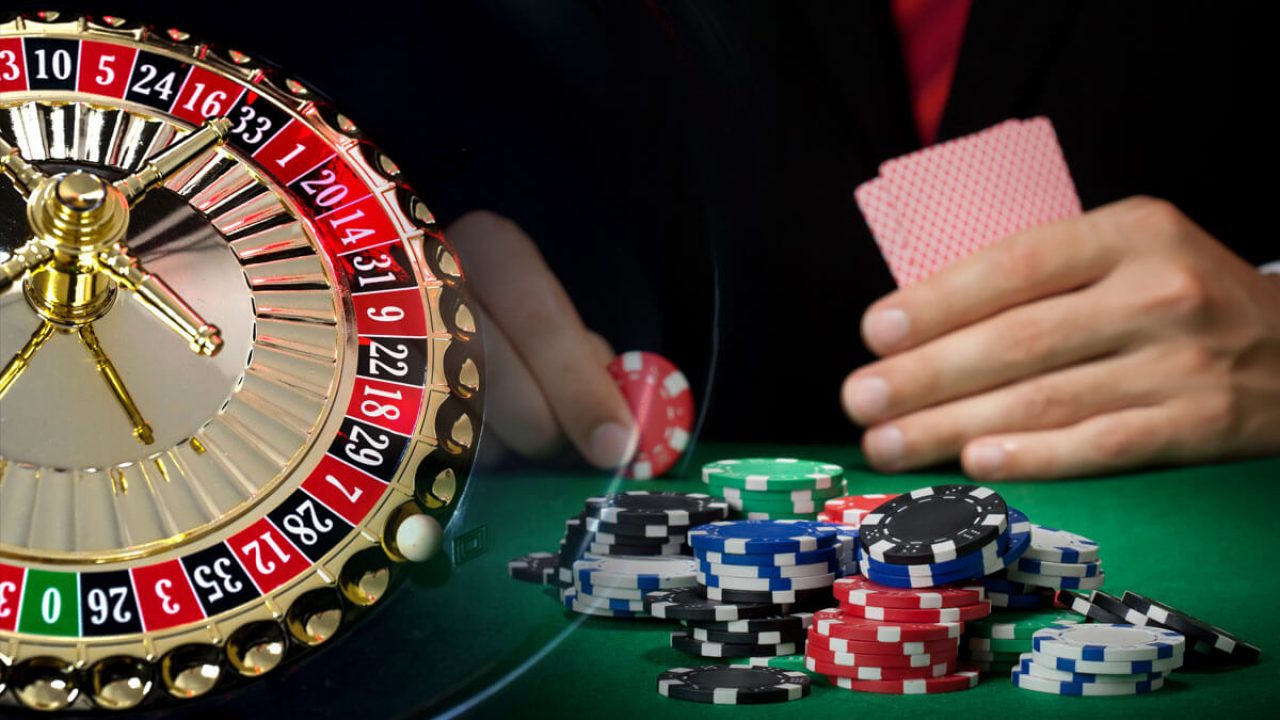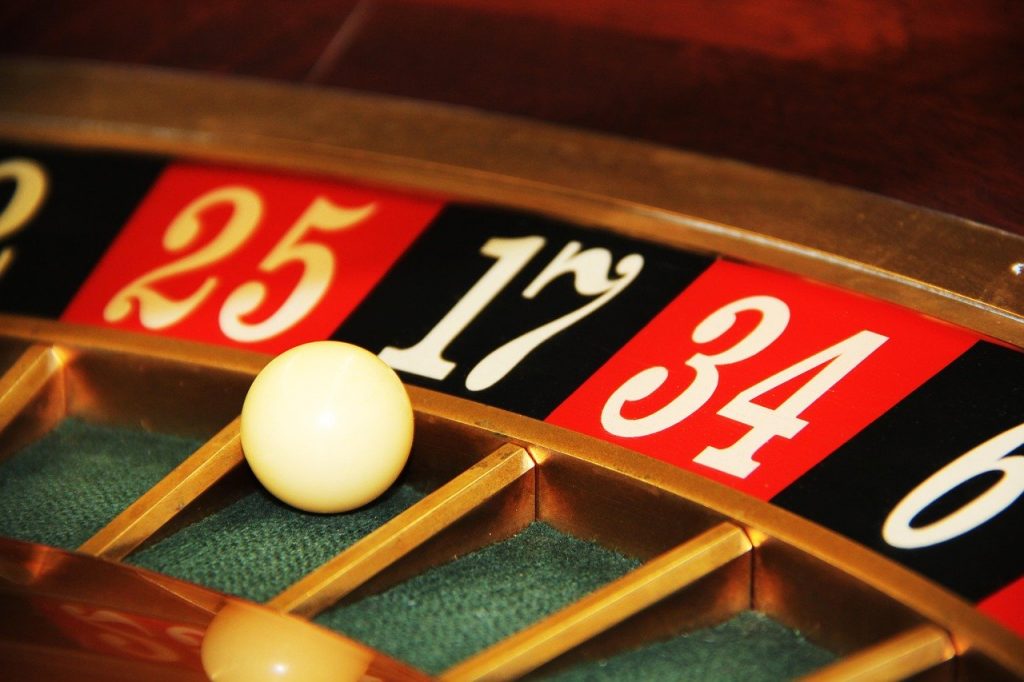
In the casino, you can (mathematically) take a fair amount of luck to win. A lot of casino games require a bit of tactics and strategy, but it’s still up to fate whether or not it ends successfully. Still, there are a few casino games where you can go a long way in defeating the house edge by means of mathematical calculations. We’ll tell you more about them in this week’s casino news story.
Undo blackjack house edge by counting cards

Blackjack is a casino game with almost always a very low house advantage. This is certainly true when you choose the standard version or when you play the game Perfect Blackjack for example. The house edge in the ideal scenario is only between 0.5% and 1%. This means that statistically for every 100 dollars you bet you only lose 50 cents to one euro. You can have a lot of fun playing this game and with a little luck you can even turn this small loss into a generous win. However, that would be purely on luck.
Making the house advantage even smaller or even turning it into an advantage for you as a gambler can only be done mathematically by counting cards. When counting cards in blackjack, you keep track of which cards from the shoe have been used. This gives you an overall picture of the cards that may still be in play. Based on this, you can better estimate whether or not you should take another card and whether or not you should wait, for example, because there is a good chance that the dealer will buy himself to death.
Problem with card counting in blackjack

Card counting can certainly provide a lower or even non-existent house edge, but the problem is that nowadays many casinos offer blackjack games using six or more decks of cards while shuffling the cards in between. When this is the case, counting cards makes little sense because there are simply too many cards in play. Want to count cards? Then choose a blackjack game where few packs are used at a time.
Better bet on sports by mathematical models
Also when betting on sports you can go a long way in defeating the casinos and bookmakers by applying math. This can be done for example by value betting. Here you look for the value in a bet and compare this value with the ratings. For example, you might think that the chance of Ajax winning from Feyenoord is 40%, while the odds indicate that the bookmaker estimates that the chance is 30%. So although you think Feyenoord is going to win, it is better to bet on Ajax winning because you have found 10% ‘value’ here. If you do this consistently you can make a nice long-term profit!
